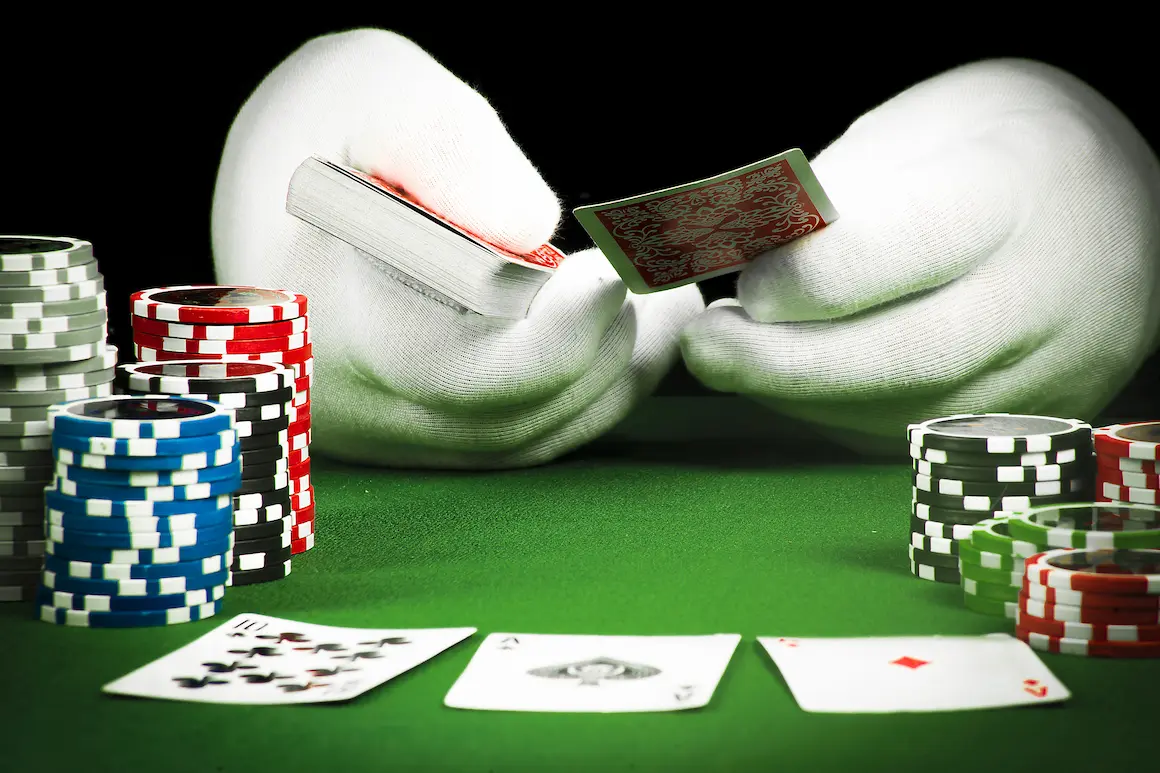The game with no borders

Think about Fedor Dostoevsky, for instance: he wrote his most famous works – ‘The Idiot’ and “The Gambler’ under the impression of the gambling houses of Baden-Baden. Or Nikolai Gogol and his famous rhetorical question “What kind of Russian does not like to travel fast?’”
The geography of gambling covers all countries and continents. South American investors plan to build a gambling and entertainment town with a developed infrastructure even in Antarctica in the near future. Although it is still unclear how this will be implemented.
The popularity of betting games has increased dramatically with the development of the Internet, which allows you to develop and use a variety of specialised applications. You can place bets in real-time almost twenty-four hours a day, interrupting only for sleep and food.
Experts in the gambling industry regularly analyse gambling across the countries in the world. The leaders in the study of the phenomenon are Oxford sociologists. Mostly, they are interested in the social and economic aspects of the gambling industry. But recently, the focus has shifted towards online casinos and other virtual services research.
Which country is the most gambling one?
Surprisingly, the first in the ranking are not sheikhs from the Arab Emirates, Chinese billionaires or prosperous Europeans. The leaders are Australians. The reason for this lies in the peculiarities of local gambling legislation. Implementation of lotteries is conducted only by the state, which means that if you win a specific amount of dollars, they will definitely be paid. But there is absolute freedom in terms of placing gaming machines. In South Wales alone – this is one of the country’s states – there are more than a hundred thousand operating devices.
The authorities of the green continent believe that instead of regulating this business by prohibitions – which will drive the industry underground – it is better to strictly control the supervisory authorities in combination with super liberal laws.
As a result, in the country, there are hundreds of casinos that operate freely, in which tourists and Australians themselves can safely play for money.
Some Australian gambling establishments have recently switched to working online because it is more economical and convenient.
It is estimated that every Australian spends an average of about 1300 dollars a year at the casino. Recently, the authorities have been trying to slow down the development of the industry – for example, banks were advised to raise interest rates on a loan if there is a suspicion that it is taken for gambling purposes.
Other leaders
The city-state of Singapore takes second place. It is calculated that each resident’s expenses for gambling entertainment are equivalent to 1.17 thousand dollars. And this figure is increasing each year. The Singapore government decided to legalise the industry to get it out of the influence of criminal organisations – Triads only in 2010.
But the result was worth it: in 2011 alone, tax revenues to the budget amounted to 6 billion dollars. This amount of money is enough to build a nuclear aircraft carrier! The Government of the island disapproves of the participation of Singaporeans in gambling. A special fee of about $ 100 has been introduced as a restriction.
Since there is not enough land space, gambling establishments are arranged on moored ships. This attracts tourists even more – after all, a first-class vacation can be combined with their favourite pastime.
Third place goes to another island state – Ireland. Each descendant of the ancient Celts leaves about 590 dollars a year in the casino. According to the country’s Ministry of Health, 2% of the population have been diagnosed with “gambling addiction”.
Casinos and gaming machines are banned in Ireland. But smart Irish found an easy way out – they transferred gambling to the Internet. The parliament for many years has been debating whether the laws adopted in the 1950s should be changed. But so far, nothing has changed – the current legislation regulates only casinos and lotteries, and the rest of the ways to play are practically not controlled by the state, which is successfully used by lovers of thrilling competitions.
The Irish love to wager, and betting on greyhound racing is also famous.
Residents of the country of forests and snow – Canada – also spend quite a lot on gambling entertainment. Per capita, they spend almost 570 dollars annually. Approximately 75% of this money goes to the owners of online casinos and organisers of online lotteries. A lottery ticket is a widespread gift for Christmas, New Year,s or birthday in Canada. But you would not be able to give it to children – the measure aims to prevent the embroilment of minors into the gambling sphere.
There is a strong influence of French culture in the country, which has given the world many card games.
Finland ranks fifth in the table of the countries that gamble the most. An average resident of the “land of a thousand lakes” spends just over 520 dollars in casinos and lotteries annually. Almost 50% of citizens declare gambling as the best pastime, and 41% regularly implement the stated in practice. Up until 2011, it was possible to play since the age of 15, which is why most players were under 18. Today, only adults are allowed to sit at the gaming or slot machine or place a bet in the sweepstakes. In case of a huge loss, a person has access to free psychological help.
The entire tax revenue from the gambling business goes towards developing the social sector.
Card games (poker), roulette, slot machines and other types of gambling entertainment are officially allowed in the country, but their activities are very strictly controlled by local legislation. Only a state-owned company, “Raha-automaattiyhdistys” (RAY), can install and maintain the devices. By the way, they recently started the construction of a whole gambling complex near the Russian border. It is expected to be lucrative at the expense of the Russian citizens because, in Russia, the authorities solved the issue of gambling quite radically at one time in the past.
And how are things in other countries?

Apart from these top 5 countries, gambling is popular and is an integral part of the national economy in the following countries: Italy (517 dollars), China (500 dollars), Norway (448 dollars), Greece and Spain (in both countries, citizens spend a little more than 400 dollars a year on gambling).
In the EU, the European Commission (government) encourages the opening of gambling houses, so the industry is thriving. For example, after Spain joined the European Union in 1985, the percentage of the gambling sphere in the country’s GDP increased from 0% to 3%.
European resorts with casinos prefer to work all year round because tourists are attracted by comfortable hotels and grandiose show programs in which world-class stars participate.
Russia did not make it even in the top ten largest gambling nations. Still, the global gaming industry trends directly impact the development of gambling in the Russian Federation.
Russian fans of games of chance opt for various online services that allow sports betting, playing poker and slot machines or trying their luck in instant lotteries.
He/Him
19
350 articlesKristaps is an expert in the field of online casinos. Since the age of 20, he has been interested in casino games; poker and blackjack are his favorites. Thanks to his studies and work experience, he has found himself a gambling critic and analyst. He likes to share his own authentic experience with the audience, so his articles are very informative. Kristaps' lifelong dream is to participate in a poker tournament in Las Vegas.
Nationality
latvian
Lives In
Latvia
University
University of Latvia
Degree
International Marketing and Advertising
More info on Kristaps Gauja






 kristaps.gauja@casinobaltics.com
kristaps.gauja@casinobaltics.com 
